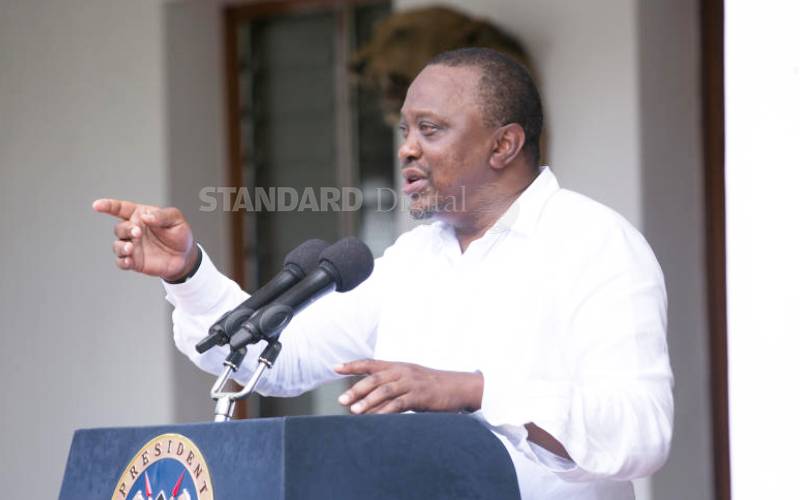
The government has paid Sh30.35 billion in pending bills in what is a big boost to the economy.
The National Treasury said the funds were released to suppliers on January 8, leaving a balance of Sh20 billion.
The exchequer through the Draft 2020 Budget Policy Statement, however, did not specify when the balance would be paid.
Treasury said it had at the same time cumulatively released Sh126.57 billion to county governments as their equitable share of revenue raised nationally and Sh7.05 billion as conditional grants in the 2019/20 financial year.
“The National Treasury has been receiving a number of complaints from members of the public that some county governments are reluctant to settle their dues even where the correct procedure had been followed and the right documentation provided,” said Treasury in the report.
“Therefore, in line with Section 96(3) of the Public Finance Management (PFM) Act, the National Treasury requested the Auditor-General to undertake a special audit to assess the status of the county governments pending bills.”
This disbursement comes at a time when the economy has been facing headwinds, with cash-strapped companies unable to sustain their operations.
While many firms have downsized, others have had to retrench most of their workers to stay afloat.
According to data compiled by the Registrar of Companies, 388 companies were dissolved between March and August last year alone as the country experienced tough economic times.
President Uhuru Kenyatta (pictured) believes the settlement of the pending bills is one of the surest ways of putting money into Kenyans’ pockets and kickstarting the economy.
The budget statement, however, revealed that out of a total Sh88.98 billion pending bills presented for audit to the Office of the Auditor General, only bills amounting to Sh51.2 billion (58 per cent) were reported as payable.
The rest, Sh37.7 billion (42 per cent), lacked sufficient documentation to support services rendered or work done and, therefore, were not recommended for payment.
According to the Stanbic Bank’s Purchasing Managers’ Index (PMI), while there was an increase in new orders for October, companies could not fulfill them owing to low cash in circulation, with the headline PMI easing to 53.2 from 54.1 in September.
This comes even as external players urge the government to cut on its recurrent expenditure, including payment for goods and services rendered by contractors.
As the government grapples with the widespread menace of corruption and massive external borrowing, which, in turn, leads to massive national debt, citizens have found it hard to survive in the harsh economic times.
Pending bills, alongside issues such as exorbitant tax levies and the unregulated importation of goods from trading partners, have strangled private businesses.
The poor cash flow in the economy has seen the private sector struggle, but Treasury’s intervention is likely to bring some relief.
As the public coffers were recklessly looted, suppliers who had contracts with the government were blacklisted by the credit reference bureaus after they defaulted on their loan obligations.
 The Standard Group Plc is a multi-media organization with investments in media
platforms spanning newspaper print operations, television, radio broadcasting,
digital and online services. The Standard Group is recognized as a leading
multi-media house in Kenya with a key influence in matters of national and
international interest.
The Standard Group Plc is a multi-media organization with investments in media
platforms spanning newspaper print operations, television, radio broadcasting,
digital and online services. The Standard Group is recognized as a leading
multi-media house in Kenya with a key influence in matters of national and
international interest.
 The Standard Group Plc is a multi-media organization with investments in media
platforms spanning newspaper print operations, television, radio broadcasting,
digital and online services. The Standard Group is recognized as a leading
multi-media house in Kenya with a key influence in matters of national and
international interest.
The Standard Group Plc is a multi-media organization with investments in media
platforms spanning newspaper print operations, television, radio broadcasting,
digital and online services. The Standard Group is recognized as a leading
multi-media house in Kenya with a key influence in matters of national and
international interest.










